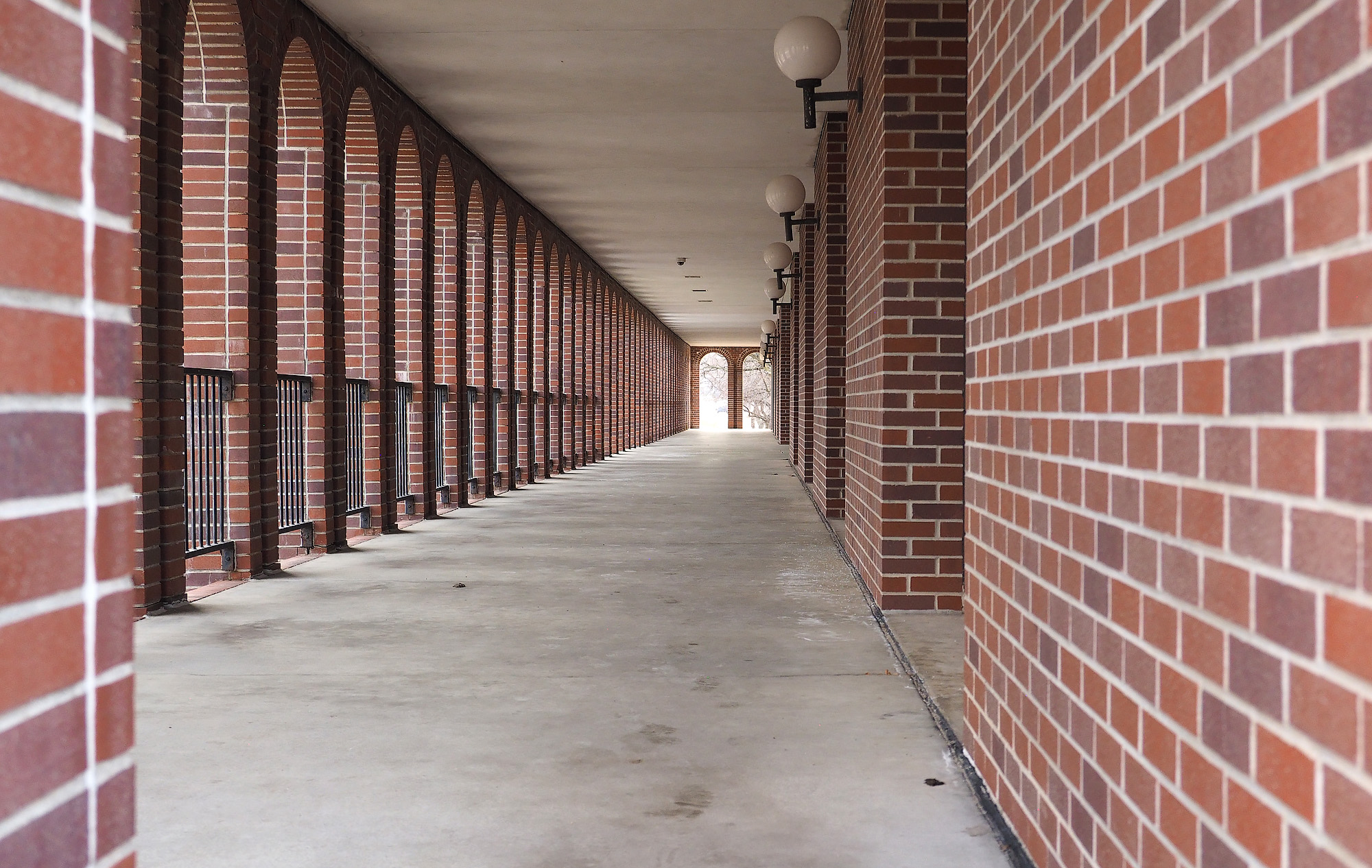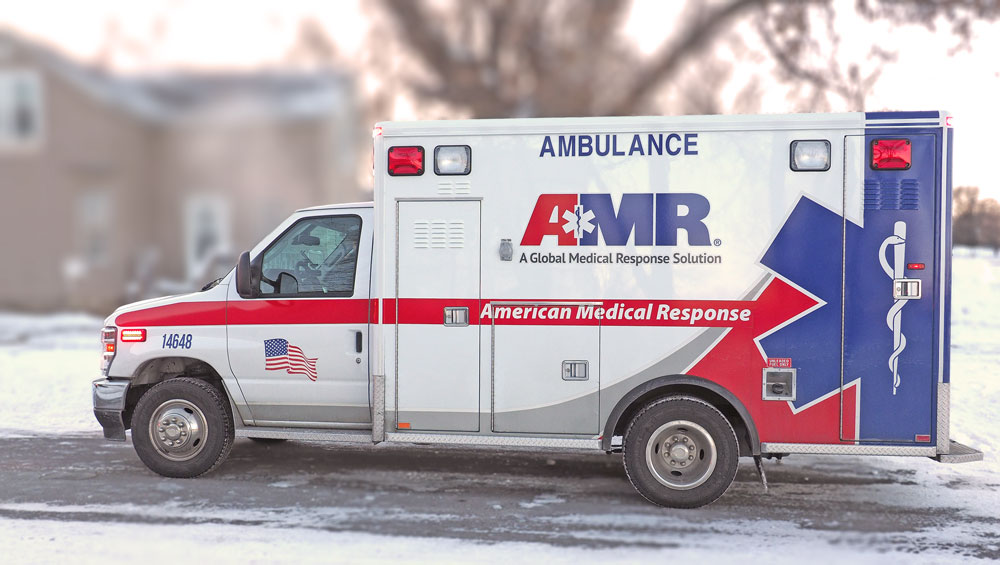Charles City schools facility committee tackles a list of high school projects
By Travis Fischer, tkfischer@charlescitypress.com
Members of the Charles City School Board reviewed facility needs and went over the interview process for the district’s search for a new superintendent during a special meeting followed by a committee work session on Friday, March 29.
With superintendent applications due next Monday, April 8, the board members discussed how the consultant firm McPherson & Jacobson will organize candidates and present them to be assessed and interviewed by the board and other stakeholders.
Also at the meeting, the board approved a field trip request for DECA students to visit a conference in California.
“DECA is the business version of FFA,” said DECA instructor Bryan Bjorklund.
Bjorklund was at the meeting to explain that some of his students have been invited to participate in the upcoming national conference in Anaheim, California, where they will take part in competitive events, attend leadership seminars and meet with other DECA students from across the country.
He and four students are planning a six-day trip to attend the conference from April 26 through May 1. While the students would be responsible for paying their own airline tickets, meals and sightseeing expenses while on the trip, Bjorklund asked that the DECA/Comet Shop activity fund be used to pay for the conference registration fee, hotel and his own flight.
Following the special meeting, facility committee members Dr. David Schrodt and Bruce Koebrick stuck around for a facilities work session with director of operations Jerry Mitchell to go over a wide range of high school improvement ideas.
First and foremost are plans to update the high school kitchen with new equipment and an air conditioning unit, along with studying the building’s overall plumbing, boiler system, and HVAC needs.
Mitchell and the committee reviewed request for quote (RFQ) options from several engineering firms that would be available to provide an assessment on the building’s needs and the costs involved.
“They’ll give us a low number of what it’s going to cost and a high number and we can start to budget from there,” said Mitchell, who will review the best two proposals and present them at the next board meeting.
The high school bathrooms are also on deck to be renovated. Mitchell presented the committee with a list of supplies and materials needed to remodel the boys and girls bathrooms at the north end of the building and the crossroad. Replacing everything from the stalls to the sinks to make all four bathrooms up-to-date and ADA compliant will cost $80,000 for materials and labor.
Finding a new space for the high school wrestling team, Mitchell presented a proposal to convert the balcony of the high school gym into a new wrestling room, taking out the out-of-date bleachers to free up additional space.
Meanwhile, Mitchell has tapped Friends of the Performing Arts (FOPA) members Tim Mitchell and Janiece Bergland to come up with a plan to convert the former North Grand middle school pool building into a performance space.
With the prospect of a new auditorium building off the table for the foreseeable future, the FOPA members have offered their insight on what it would take and how much it would cost to create a suitable performance space for the drama department.
While the new performance space should be sufficient for theatrical performances, the music department has raised concerns about the building’s suitability for musical performances.
In other business, the district has been exploring an agreement with Perry Novak Electric to have solar energy panels installed on district buildings through a Solar Power Purchase Agreement (PPA) that would allow a developer to install solar panels and profit off of the excess generated energy for a set period of time until the district is granted the opportunity to purchase the system.
“I have some questions and concerns with how all this is structured,” said Schrodt.
In looking through the agreement, Mitchell determined that the energy savings the district would benefit from during those initial years would be largely counter-balanced by the need to allocate PPEL funds to purchase the system. While this would add flexibility to the general fund while tightening up PPEL resources, the overall impact it would have on district finances would be a wash.
“When we start owning it, that’s when we see some savings,” said Mitchell.
Schrodt and Koebrick agreed that the plan should be revisited by the board during the April meeting.
The committee also discussed fees for facility rentals, recommending a change in policy to insure that fees are applied uniformly across all groups and that they cover the custodial expenses, including the use of paper supplies like paper towels and toilet paper.
“They aren’t cheap anymore,” said Mitchell.
The committee also revisited discussion about moving the Carrie Lane High School into unutilized space at Washington Elementary as a cost-saving measure.
Finally, the committee is saying “thanks but no thanks” to an offer to provide the district with a small fleet of bicycles to be used for middle school physical education. Storage, upkeep, insurance and safety concerns about having two dozen students riding around bicycles during the school day were all considered as reasons to pass on the idea.
“I appreciate their willingness to help, but that’s not something we want to expose ourselves to,” said Schrodt.









Social Share